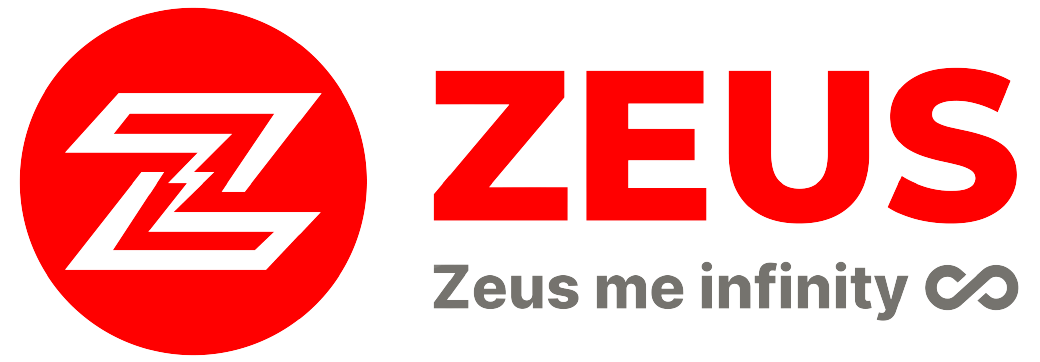Charging 101
𐓏 Charging 101 𐓏
Taiwan Charging pile specifications of the top 10 car manufacturers and brands
2.1 Tesla
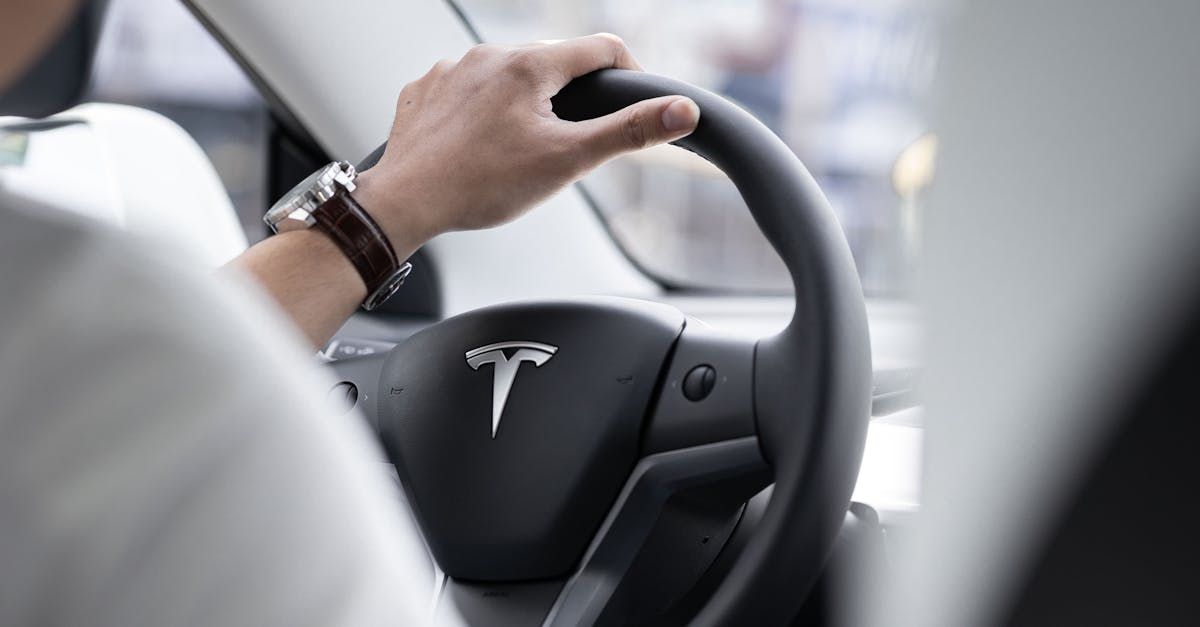
In 2012, Tesla developed a proprietary charging connector TPC for the Model S, which can support both DC charging and AC charging. In November 2022, TPC has been renamed "North American Charging Standard" (NACS) and is open to all EV manufacturers.
And because NACS has a more streamlined design and is universal for AC and DC charging, it is convenient. More and more car manufacturers are adopting the standard and joining the NACS ranks. Entering the European market, as the EU mandates requires a unified charging interface, Tesla’s European product charging specifications have adopted CCS2.
In the Taiwan market, there arethe government planss to unify the standards of Taiwan's public DC charging stations in early 2021, and therefore adopt CCS2 as the unified standard. In Q3 of 2021, the charging specifications of Taiwan Tesla models will be changed to CCS2.
Currently, the following brands have joined deployed the NACS specification: Ford, GM, Volvo, Mercedes-Benz, Nissan, Toyota, Honda, Hyundai, KIA, BMW, Jaguar, Volkswagen, Porsche, Audi AG, Scout, Lexus, Land Rover, Acura, Afeela, Infiniti, Mitsubishi, Stellantis, Polestar, Lucid, etc.
2.2 Luxgen
The Luxgen N7 is an EV launched by a local brand in Taiwan. It attracted much attention in 2024 and ranked third in single-month sales in June of the same year.
Luxgen EVs support home charging piles, public charging piles, and highway service areas. The charging specifications are Type 1 and CCS1, allowing car owners to easily switch between charging at home and during long-distance travel.
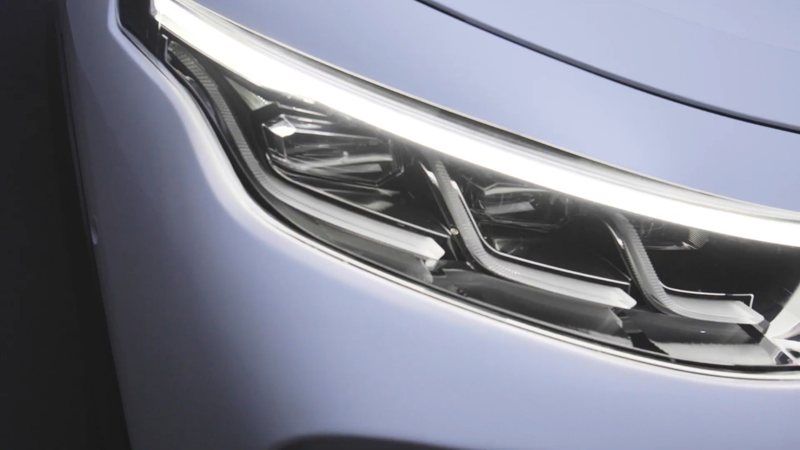
2.3 BMW

BMW's i series EVs use charging specifications Type1 and CCS1, including BMW i3, BMW i3s, BMW iX, BMW i4 and BMW i7.
BMW plans to start selling pure- EVs in the United States and Canada in 2025 using the NACS. It has also committed to developing a new charging network in North America with six OEM partners, eager to create a seamless customer experience.
2.4 MG
The MG4 series EVs adopt Type1 and CCS1, two charging specifications with high coverage in the Taiwanese market. They also support household charging piles, public charging piles, and DC charging.
They also continue to cooperate with special manufacturers to build exclusive DC charging piles in Taiwan, providing brand car owners with a comprehensive and convenient charging experience and solving the range anxiety of pure electric range.
2.5 Volvo
Volvo's EV series, including the C40 Recharge, EX90, XC40 Recharge, and EX30, use the Type 1 and CCS1 charging specifications, which are the mainstream in the Taiwan market. Currently, Volvo has installed 132 AC charging piles and 12 DC charging piles at sales locations in Taiwan. Additionally, using charging piles from partner networks can meet the needs of most car owners.
In addition to further optimizing its car series, Volvo is also continuing to accelerate related layouts. Starting in 2025, new models in North America will adopt the NACS standards. Volvo is also committed to researching and developing new technologies to reduce range anxiety for all electric vehicle owners.
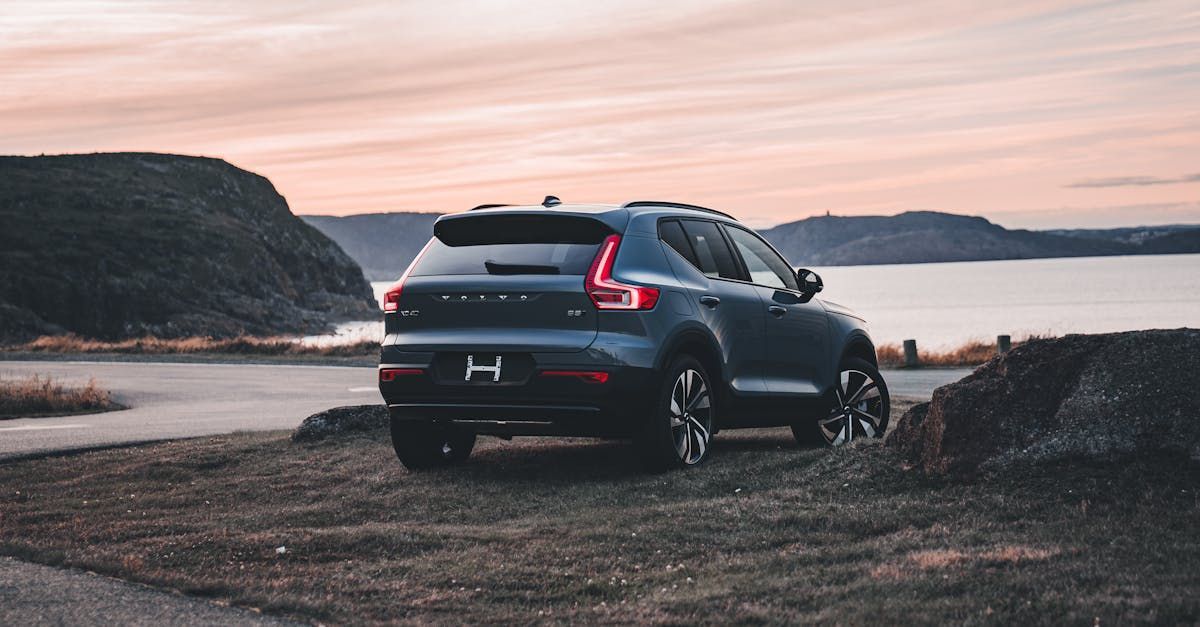
2.6 Mercedes-Benz
Mercedes-EQ models use the common charging specifications Type1 and CCS1. In addition to home charging, Mercedes-Benz has built DC charging stations at 16 Taiwan Mercedes-Benz authorized dealers, and there are many charging station partners to allow car owners to enjoy pure electric travel and a convenient charging experience.
2.7 Hyundai, KIA, Genesis
Hyundai Motor Group's car brands, including the Hyundai IONIQ series, KIA EV series, Genesis GV60, Electrified GV70, and Electrified G80, all adopt Type1 and CCS1 charging specifications.
The group's related brands will also adopt the NACS charging standard in North America market starting in Q4 of 2024. For owners who have purchased EVs with CCS1 specifications, the company will provide an adapter instead before they can be used.
2.8 Volkswagen
Volkswagen ID. models use CCS2 charging specifications, while other brands within the group, such as Porsche and Audi, use Type 1 and CCS1 charging specifications.
Volkswagen Group plans to adopt NACS charging specifications in North America market starting in 2025, which allowswing car owners to use Tesla charging stations. The group's subsidiary, Electrify America, a subsidiary of the group, is one of the major charging operators in North America. In addition to providing CCS and CHAdeMO charging options, it will also deploy NACS charging stations in the future.
2.9 Toyota, Lexus
Toyota bZ4X and Lexus RZ 450e models adopt Type1 and CCS1 charging specifications. Lexus also has a pure electric SUV model, the UX 300e, which adopts Type 1 specifications for AC charging and CHAdeMO specifications for DC charging.
Starting in 2025, Toyota plans to adopt NACS charging specifications for new cars in the North American market. Additionally, they will provide CCS1 to NACS adapters for the owners of cars equipped with CCS charging ports.
2.10 Nissan
Nissan ARIYA models adopt Type1 and CCS1 charging specifications, LEAF models adopt Type1 AC charging specifications, and DC charging adopts CHAdeMO specifications.
Nissan plans to adopt NACS specifications for new EVs in the North American market starting in 2025. Models currently using CCS1 specifications will also be provided with NACS adapters, allowing car owners to use Tesla charging stations.
Need more help?
Please submit a business support request and our experts will get in touch with you.
Business & Products



Business & Products


Business & Products


